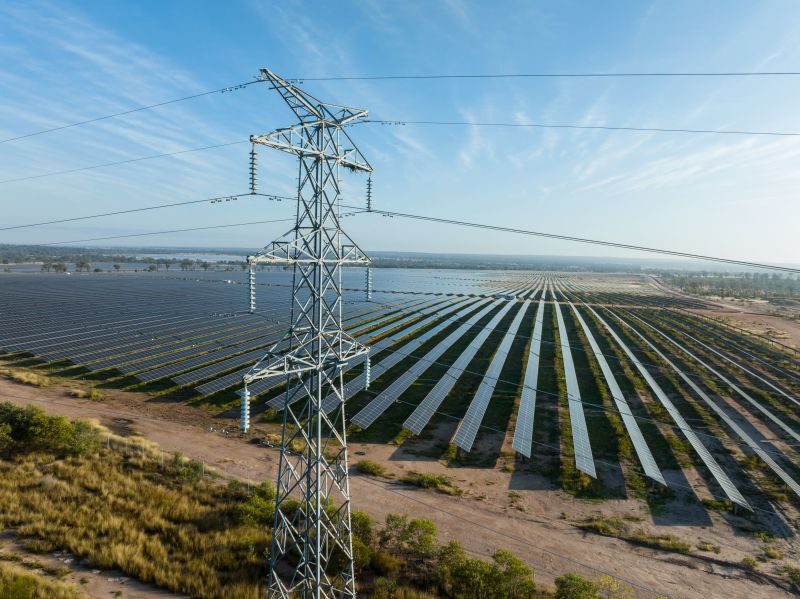From pv magazine Spain
The Spanish parliament has rejected the Real Decreto-ley 7/2025, a package of measures designed to strengthen the country’s grid and support battery storage deployment following the widespread power outage on 28 April 2025 that left millions without electricity across Spain.
The proposed law also included measures to increase the share of renewables nationwide. It aimed to expand the radius for sharing solar photovoltaic (PV) energy from 2 to 5 kilometres and to create the role of self-consumption manager, who would provide rights and support to individuals or groups engaged in self-consumption.
The reform also sought to promote hybrid or stand-alone energy storage.
In terms of operations, the proposal planned to allow renewables to be remunerated for providing voltage control, and to adjust regulations to enable grid-forming capabilities to help stabilise the system.
The legislation also included provisions to repower aging facilities and increase renewable capacity without using additional land, along with measures to improve the electric vehicle (EV) charging network and accelerate its rollout.
This content is protected by copyright and may not be reused. If you want to cooperate with us and would like to reuse some of our content, please contact: editors@pv-magazine.com.









By submitting this form you agree to pv magazine using your data for the purposes of publishing your comment.
Your personal data will only be disclosed or otherwise transmitted to third parties for the purposes of spam filtering or if this is necessary for technical maintenance of the website. Any other transfer to third parties will not take place unless this is justified on the basis of applicable data protection regulations or if pv magazine is legally obliged to do so.
You may revoke this consent at any time with effect for the future, in which case your personal data will be deleted immediately. Otherwise, your data will be deleted if pv magazine has processed your request or the purpose of data storage is fulfilled.
Further information on data privacy can be found in our Data Protection Policy.